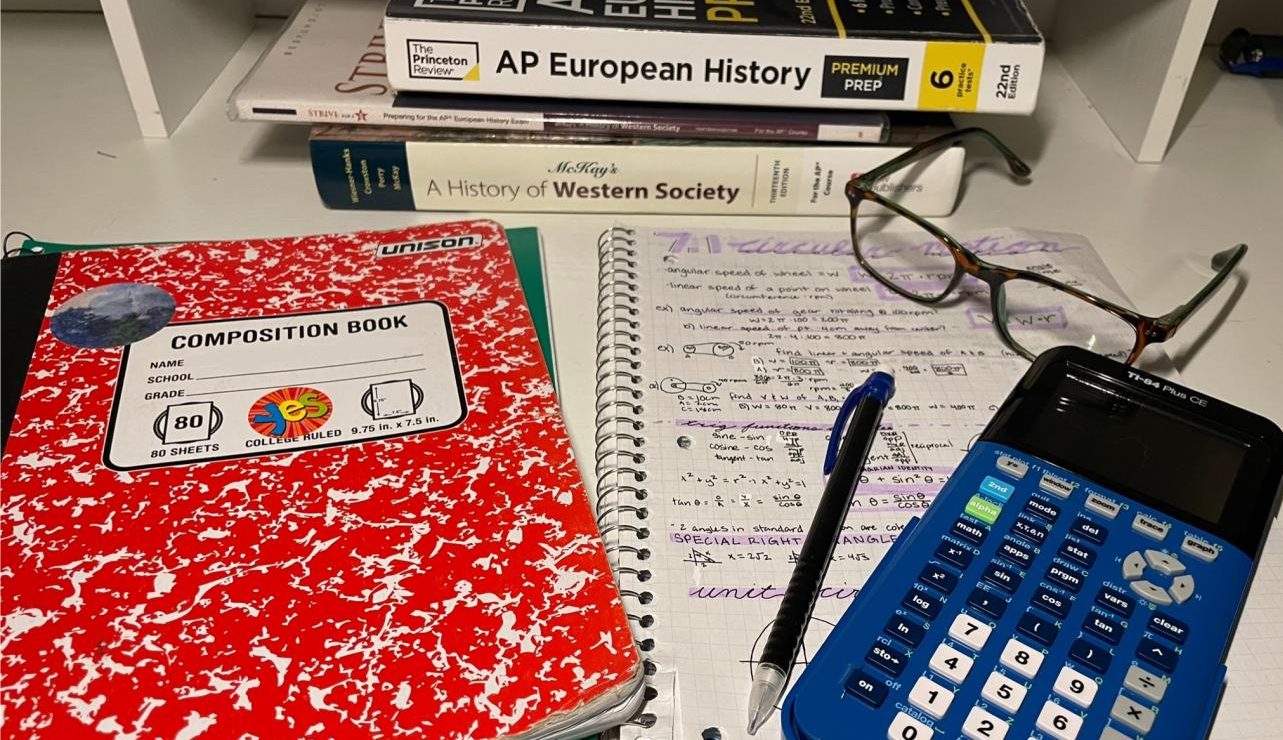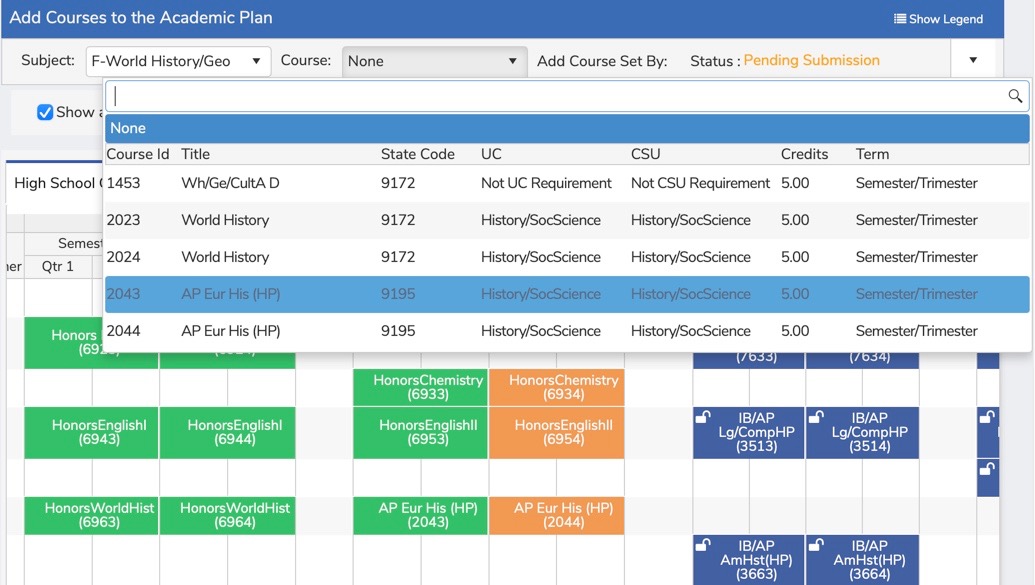
Sedona Sweginnis | Sports Editor
January 30, 2025
As SCHS moves into the middle of the second semester, the pressure to make decisions regarding their schedules next year begins to weigh on underclassmen. Freshmen and sophomores do not have to make very many serious decisions regarding their academics before high school, so their first opportunity for real autonomy over their scholastic endeavors can be both exciting and overwhelming. Underclassmen experience a struggle between the desires of their parents, input from their teachers, advice from their friends, and their own personal aspirations for the future as they look to make definitive decisions. However, this also gives them the ability to pursue their interests and choose classes that they have genuine fascination with.
For freshmen, the main decision lies in which option to choose for their first AP class. The three major options available to them sophomore year include AP European History, AP Art History, and AP Computer Science. Each of these classes has pros and cons that the freshmen must weigh and consider before choosing.
AP European History is generally the traditional route that leads most smoothly into AP US History that many will take their junior year. The Honors World History course that many freshmen enroll in also transitions seamlessly into AP Euro, allowing students to carry over what they have learned in their freshman year and apply it to their first AP class. Current freshman Nora Moran expressed she had no trouble deciding which class to take her sophomore year “because Honors World History has set [her] up on the path” preparing her for AP Euro, as well as providing her with the knowledge and skills for her to succeed in “future history courses.”
AP Art History, another common choice for incoming sophomores, is another excellent option as it fulfills the often elusive visual and performing arts credit that is required for graduation. AP Art History also ensures that all students have an option that can cater to their strengths and interests by providing a fascinating class for students with a fascination in the field of art.

AP Computer Science, on the other hand, is a wonderful opportunity for the more math/science-minded students as well as those who hope to work in the programming field in the future. Current sophomore Ava Anhalt expressed that while it was a difficult decision, she eventually landed on AP Computer Science. At first, Anhalt “wasn’t sure if [she] would like computer science because [she had] never done coding before,” but now that she has been in the class for a full semester she has “found it really fun” and has “learned a lot of useful things.”
While freshmen who did not take Honors World History have fewer options, they still have AP European History available for them if they receive an A in Honors English I this year. Furthermore, in addition to these main AP classes, there are many additional electives and co-curricular programs for students to choose from as well. Overall, the freshmen have a hefty decision to make as they look to prepare for next year and beyond.
While the freshmen’s decision lies more in their history class, sophomores face their decision in the field of science. This impactful decision is the first time that most students experience real autonomy regarding their academic aspirations, playing the dual role of an amazing opportunity and a stressful decision.
There are extensive science options available to the incoming junior class, causing students to truly have to consider their goals for their future. Classes ranging from AP Biology and IB Marine Biology to Physics and AP Chemistry to IB Environmental Science. This great variety of science options offers many incredible opportunities and specialized education that can provide students with knowledge and skills specific to their future careers.
For instance, a student who hopes to join the medical field could enroll in Honors Anatomy and Physiology to learn more about the human body, preparing themselves for their future career. Similarly, a student who knows they want to become an engineer can take Physics to begin their studies for this job now.
The countless incredible academic pathways provided by SCHS give students autonomy over their own academics and futures. This control endows students with more responsibility and allows them to take charge of their scholastic career. Although the newfound liberty may be intimidating or insight additional stress as students struggle between options, the various classes as well as the decisions that come with them allow students to develop their decision-making skills, equipping them to thrive in their future jobs.

Leave a Reply